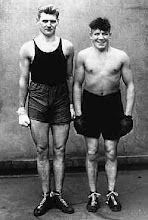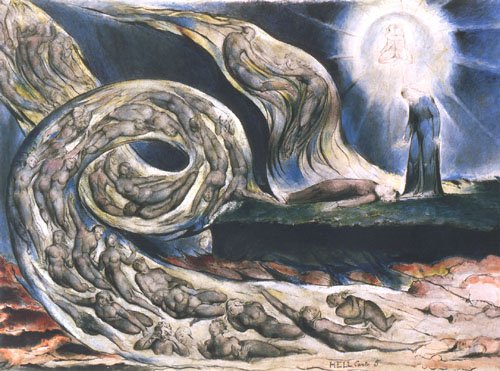aljazeera
8 February 2011 - ..The man tells us there is no committee that organises the supply of Tahrir; people simply take initiative. Friends pool money, and those with funds make purchases for the poor.
Impressively, prices do not seem to have inflated inside the square. After we say goodbye to the man in the keffiyeh, we buy a piece of bread (1 pound/$0.17) and a packet of tissues (0.75 pounds/$0.13).
Many of the volunteers in the square simply offer food for free.
As we sit on unfolded newspapers in the centre of the square speaking with Nasser Abdel Hamid, a member of the new youth negotiating committee, we are handed long bread with La vache qui rit cheese and pieces of grainy, "baladi" bread packed with sweet, peanut butter-style spread.
We are approached by a young man who asks if he can interrupt briefly.
Seif, a student at the Bahareyya Academy university, offers to help us find blankets, food and medicine if we plan on spending the night.
He says he is not a member of a committee, just a volunteer. He and his friends pooled $847 to buy medicine for protesters in the square.
Though Seif was beaten during the violence on Wednesday, he has returned, but he says people are having trouble bringing through supplies.
Firmly entrenched
Pro-Mubarak loyalists have been known to intimidate those arriving with supplies and to confiscate them on the roads leading to the square, and the army has occasionally shut down the flow of food and medicine.
But the protesters are firmly entrenched. The scattered tents and blankets that dotted the square a week ago have morphed into a semi-permanent encampment.
Protesters have driven wooden and metal stakes into the ground to anchor huge tarps and makeshift shelters that block out the chilly winter wind and bring to mind the expansive desert abodes of Egypt’s Bedouin population.
They have gutted lampposts and other electrical outlets to charge their mobile phones and power laptops that they use to project movies onto hanging cotton screens or read news on the Internet with still-operational wi-fi connections pirated from nearby buildings.
On a stage overlooking the central part of the square, next to a stuffed effigy lynched from a lamppost, protesters have built a stage complete with a fully functional, concert-level sound system.
On Monday night, a man strummed an acoustic guitar and sang protest songs to a crowd of hundreds.
A protester with an Egyptian flag wrapped around his waist tells us that that the people in the square have formed a new "social contract".
As we walked toward an exit with Abdel Hamid, the youth negotiator, he turned Shafiq's statement on its head.
"This is better than Hyde Park," he said.
english.ahram
..because nobody knows how long their protest will last, the square has slowly but surely turned into a city within a city. The people now playing house in Tahrir Square are no longer the weak crowd cordoned off by government forces, unable to buy food and water, or communicate with the outside world. Now they have their own radio station, a stage with huge speakers to communicate with the crowd, a projector which screens the Al-Jazeera channel and their very own DJ who blares patriotic songs all day for the protesters.
They also have six pharmacies, eight hospitals and 13 medical points with first aid supplies for injured protesters. While at the beginning food was scarce, now sellers have begun filtering in and you can buy anything from Koshari to hot tea, as well as Egyptian flags and bandanas.
While at the beginning of the sit in, most protesters either stood or sat in the square's small grassy traffic islands, now people are taking refuge in little tents. Some are bought from shops, others are simply erected by whatever the people have available and covered with blankets, linen or even plastic sheets. Wanting to feel like they're home as much as possible, some protesters name their tents. Some named them after their native governorates, e.g. the Beheira Tent or Minya Tent. Other names were more playful, like "Freedom Resort."...
Tuesday, 8 February 2011
Subscribe to:
Post Comments (Atom)

















No comments:
Post a Comment